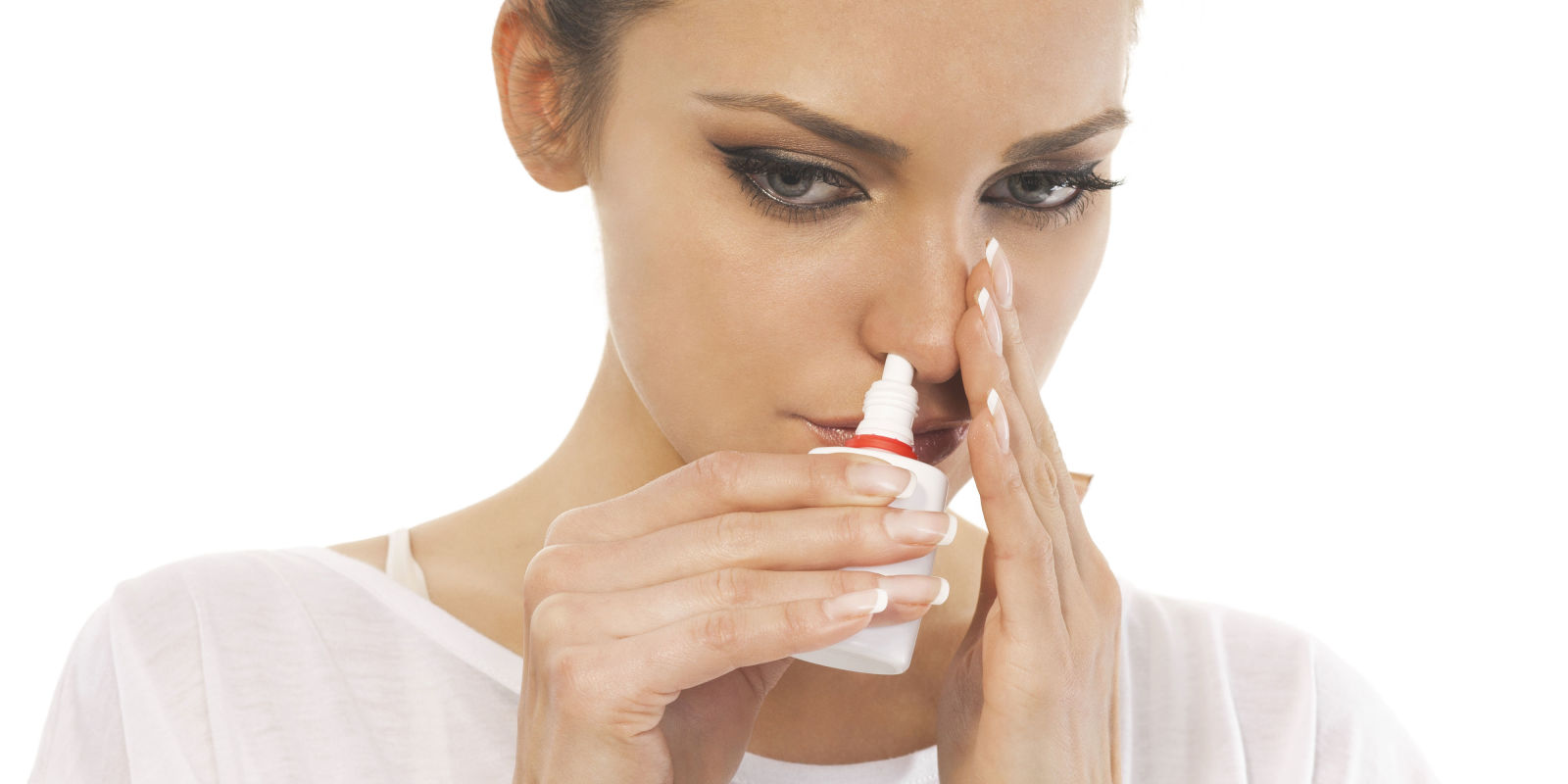Viagra Nasal Spray For Women
Pharmaceutical companies are in a long and ongoing race to produce the very first female Viagra drug ever. Ever since a drug designed specifically to cure erectile dysfunction hit the international market in 1998, a female equivalent has been on the horizon, and it appears that the first such drug is finally appearing in the form of, surprisingly, a nasal spray.
It has been reported that up to 30 percent of women all over the world suffer from a condition known as anorgasmia (inability to reach orgasm), yet there has been no approved treatment for this problem on the pharmaceutical market so far.
The new female sex-enhancing nasal spray that had now been given the name Tefina still needs to be put through lots and lots of clinical tests and examinations before it can finally be made available to the general public. The researchers at the Monash University of Australia are stating that the new spray will only boost sex drive for one out of three women.
How Does It Work?
Tefina is basically a testosterone gel that needs to be sprayed up the nose. Researchers claim that the testosterone then gets absorbed within a few minutes and becomes effective within roughly two hours after it is applied, and stays active for as long as six hours.
Researchers have also said that the new drug should be taken only in the context of sexual activity, but even without it, women should not experience any adverse androgen-related side effects, such as bad skin, facial hair, body hair, or a deepened voice.
Researchers say that Tefina should only be used according to indications, and specifically with the intention that it will increase the probability of orgasm in pre-menopausal women that suffer from sexual dysfunction (aka anorgasmia).
Low Sexual Drive in Women
The lead professor and the representative of the Women’s Health Group Susan Davis say that they anticipate that the treatment will work not like Viagra for women, but rather as a long-term, therapy-like approach. The new drug will be taken when a woman is anticipating sexual activity in a few hours. She adds that it has previously been concluded in studies that for women who have a low sexual libido, testosterone-based therapy not only seems to improve sexual desire and arousal but also improves women’s ability to have an orgasm.
However, there are critics, which include fertility expert Dr. Ric Gordon, who believes that female sexuality is being exploited for purely commercial reasons, and the new treatment developers are taking risks whilst overlooking some really important factors that cause low sex drive in women. He claims that men use sex to relieve stress, and women actually need to reduce their stress level first to properly have sex, so this is all a very complex emotional situation.
A Long-Anticipated Solution for Anorgasmia
Professor Susan Davis has also said that up to a third of all women are affected by the life-long problem of anorgasmia, which is a medical term for having difficulty achieving orgasm after sexual stimulation, and even though one-third of women are affected, researchers still claim that the only efficient treatments are sex therapy and psychotherapy. Davis says that the new drug Tefina will be most helpful for women who report that sex has become a difficulty rather than a pleasant experience. Davis also says that through previous research, they have shown that women under age 50, who do not feel sexual pleasure still participate in sexual activity at the average rate of five times per month, mostly with the goal of maintaining harmony in their relationships.
Furthermore, it has been proven that women who have a poor sexual function also have poorer wellbeing in general, even though they are not depressed. Doctors have too little to offer women who suffer from anorgasmia, and this new treatment may become a breakthrough for women who are frustrated by the lack of any options. Clinical trials are currently taking place in US and Canada, and now, researchers are recruiting participants from the ages of 18 to 49 who experience anorgasmia and wish to take part in a clinical trial in Australia.


